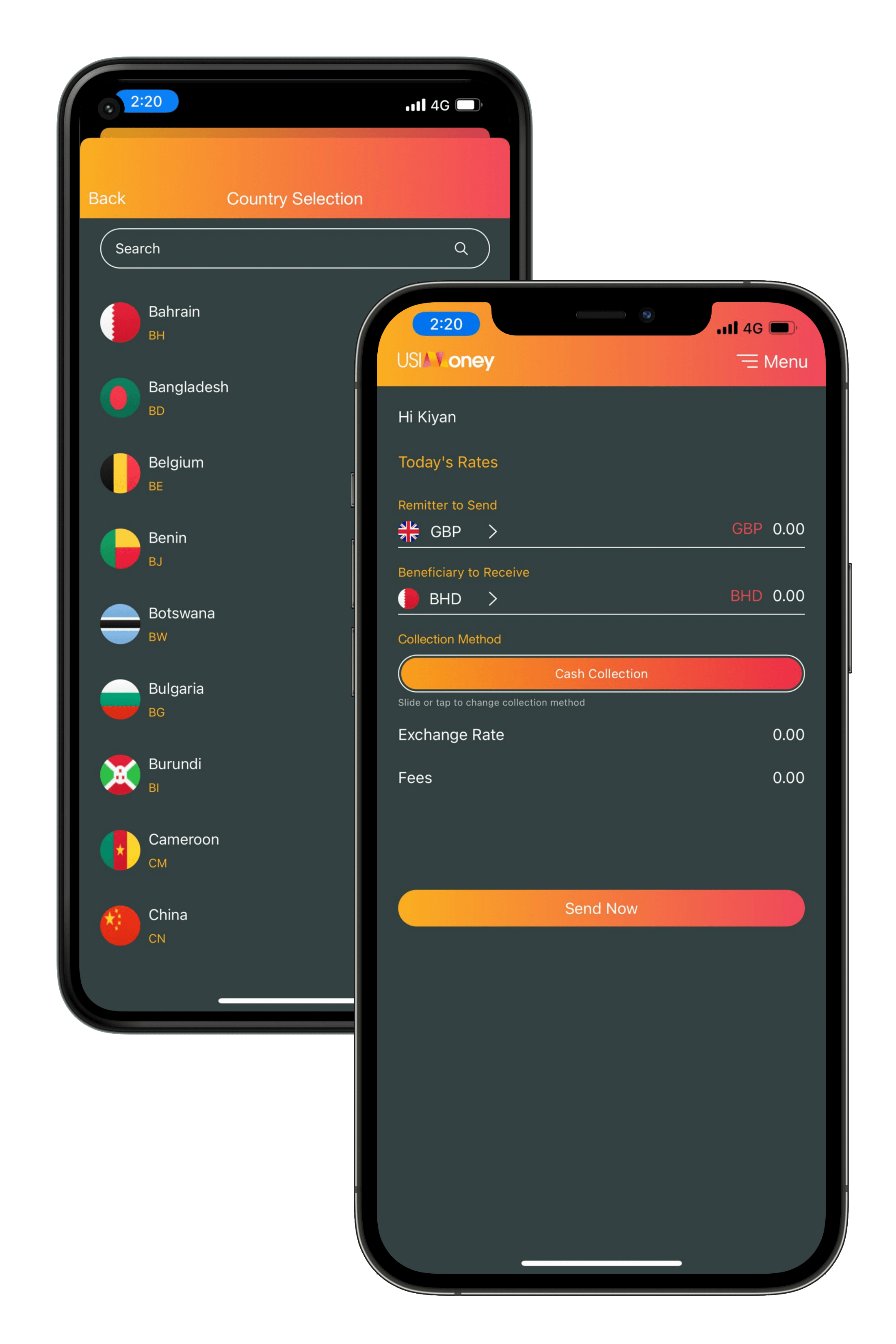
Two days of trade negotiations came to an end between the US and China in Washington yesterday after no noteworthy progress was made.
The negotiations were between low level officials leading to whispers about the end to the trade war. However, these hopes were crushed after both the US and China added more tariffs on each other’s goods.
According to The White House, the officials had “exchanged views on how to achieve fairness, balance, and reciprocity in the economic relationship”.
In other news, yesterday guidance published that UK banks are probable to lose access to EU banking systems in the event of a “no-deal” Brexit. The government believes this could increase costs and cause hold ups.
Roberto Azevêdoas, WTO director-general says that in the circumstance of a “no deal” Brexit, it could be challenging for Britain as they would have to trade with the EU on World Trade Organisation terms.
He says on Today: “There are a number of preferential rules that apply between the UK and the EU that will disappear. Now the impact of that, and there will be an impact, maybe larger or smaller, depending on the sector.
“It’s not going to be the end of the world, in the sense that trade is going to stop and that everything is going to fall down. But it’s not going to be a walk in the park either, there will be an impact…”
In a letter to chair of the treasury committee, Nicky Morgan, Chancellor Phillip Hammond warned that in the wake of a “no-deal” Brexit, the UK economy would suffer for the next 15 years, with its GDP taking a 7.7% hit.
He pointed out that sectors such a food and drink, manufacturing, clothing and cars would be “most affected negatively” in the coming years and estimated that borrowing would increase too.
Brexiteers attacked Mr. Hammond for his stance, with the Conservative MP Marcus Fysh accusing him of putting forth “another instalment of dodgy project fear”.
However, Mr. Hammond emphasised that the government would prefer not to have the “no-deal” scenario and is “confident” that a good deal would be agreed.
